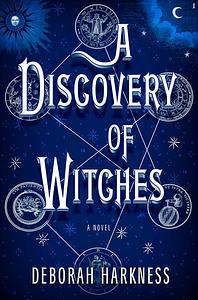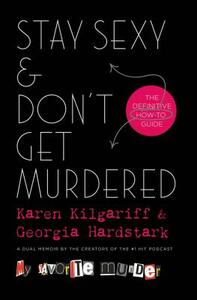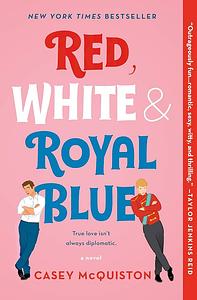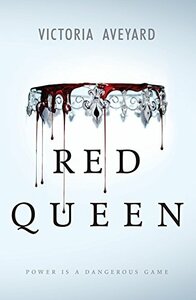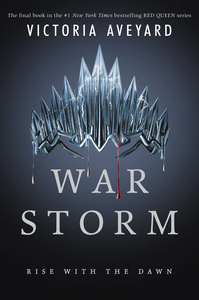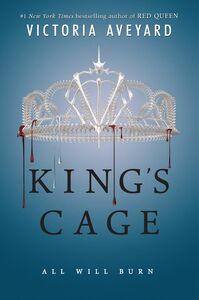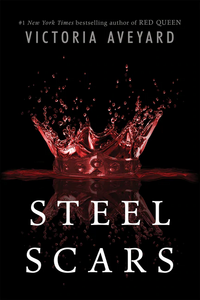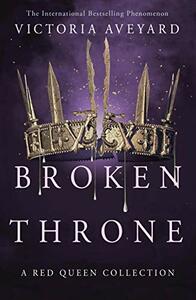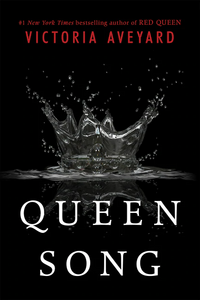You need to sign in or sign up before continuing.
Take a photo of a barcode or cover
chandasolara's Reviews (407)
The premise has always fascinated me: a witch who rejects her powers but at what cost? I remember my first read being absolutely agog for the narrator, but I think, with adulthood and a keener eye, the things I loved about Diana Bishop the first time around are what made me dislike her this time around. In fact, she's almost a reflection of my vision board when I first read this: tea aficionado, yoga enthusiast, scholar at a prestigious institution, etc. She's incredibly knowledgeable in a niche subject, which, of course, ends up being the answer to the complex, if a bit contrived, plot.
The male lead's machismo stems from centuries of life which have only served to reinforce the archetypal Man--you know the one I mean: who knows you better than you know yourself and thus grunts you in the proper direction--who must save his fainting damsel in distress. Add to that his penchant for flying off the handle and demanding, possessive nature, I found myself growing even more disenchanted with the book. It's funny how time and a critical eye will uncover your internalized toxic masculinity.
When Diana develops every single trait genetically keyed to witches, I felt my interest slipping further: where were the obstacles that the main character overcomes? There's far less intrigue in a character who doesn't have to grow through the challenges of external forces when it's handed to her in genetic code.
Don't even get me started on their "marriage" just because Matthew says it's so. Red flags were cartwheeling through my head and before my very eyes.
Despite the issues I took with the main characters and arguably toxic relationship, the array of supporting characters nearly makes up for it. Sarah Bishop (Diana's aunt and the woman who raises her) and her partner Emily Mathers were perhaps my favorites among a slew of characters we're introduced to over a snail's pace of plot. I did appreciate the depth of detail brought to the plot via the author's background in history, and I wonder how that might have been more cleanly executed if it had focused on one of the myriad disciplines discussed.
Overall, the book would have benefitted from a stronger editor to help the author narrow down the many, many plot threads woven throughout. Sometimes I lost track of the storyline (and I’ve read it before!) because we follow so many tangents. Tying up or eliminating the sub plots would have streamlined the book and created a stronger sense of cohesion instead of the slow-motion roller coaster through peripheral details. I kind of wish I hadn’t reread it, but if anything it was nice to look back over it with a critical eye to find its strengths and weaknesses. I’ll still probably read the remaining books in the series for nostalgia’s sake, but they don’t quite hold the same magic (ba dum tss) that they used to for me.
Things I enjoyed:
The premise of the event. This Caraval is supposed to be an event that draws hundreds (at least I assumed so; we never really get a solid number) of contestants each round, driven by their goal to win that year's prize. It's supposed to be magic and mystery, and I'm always up for those things! Particularly because on the surface it doesn't feel like a plot I've seen recycled a hundred times over.
Julian's sass. He's a sass-master 3,000 and I wish I could think on my feet as well as he does.
The pacing. Even with my reservations regarding the plot (as detailed below), the book moves quickly enough that it was a relatively easy read. The length of chapters, too, made it seem to fly by, which is always a plus.
Things I thought could use work (blocking out spoilery bits):
The setting. So much of Caraval's setting was nebulous, shifting with each night of the event. Though it's part of the challenge, it read like drama for the sake of drama. There weren't purposeful shifts in setting. We don't really get a clear resolution for why things happen the way they do in the world building. It just felt... flat, which leads me to...
The magic. It had incredible potential; I think that's what I was most excited about! But, like the setting, I couldn't make out a framework on which the magic was built. It's incredibly important when using magic to define the parameters of magic: what makes it work; what can it do/not do; etc. It was particularly apparent towards the end when Tella
Spoiler
"explained" the deaths that weren't deaths without actually explaining deathsThe relationships. Honestly, I don't understand why Tella and Scarlett's father
Spoiler
beats them so savagelyI'll likely go on to read the next installment in the series, if for no other reason than that I hate to leave a series unfinished. I hope the next book fleshes out the world a bit more and we see some more character development!
